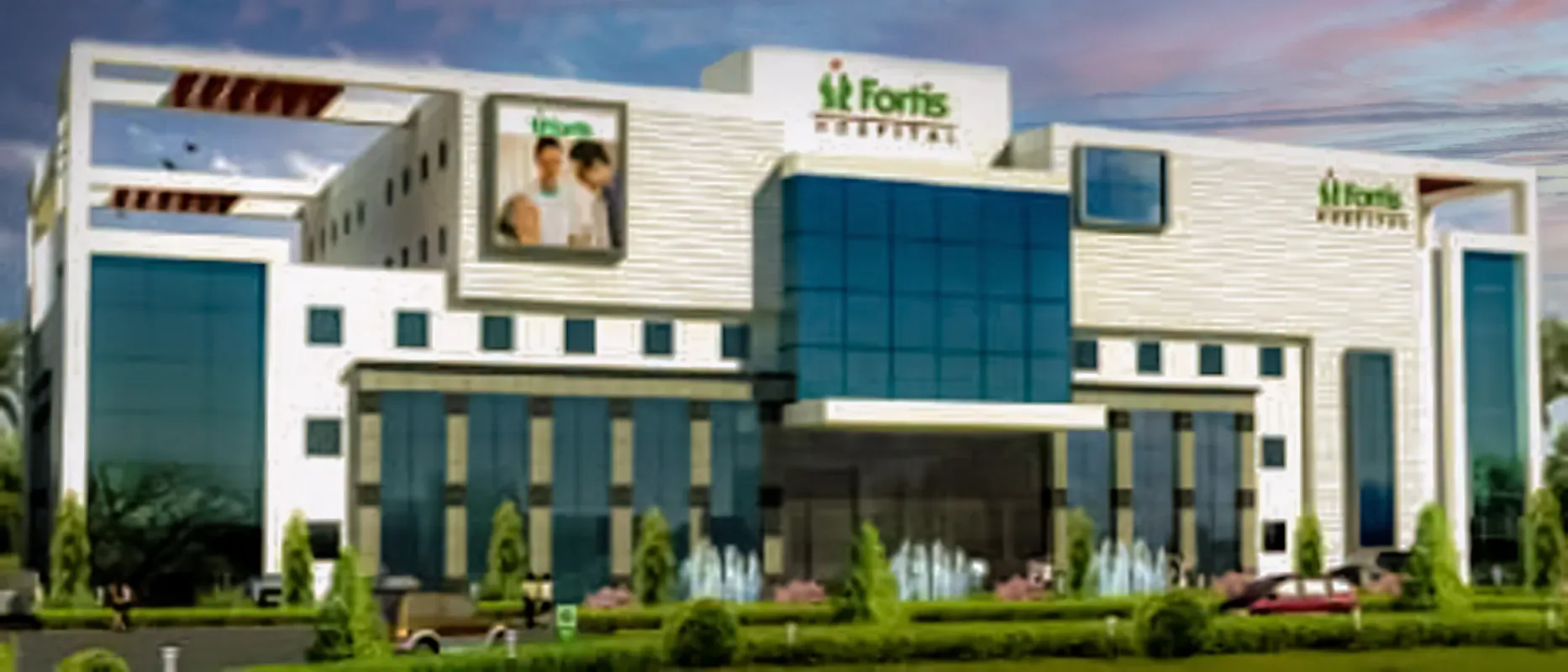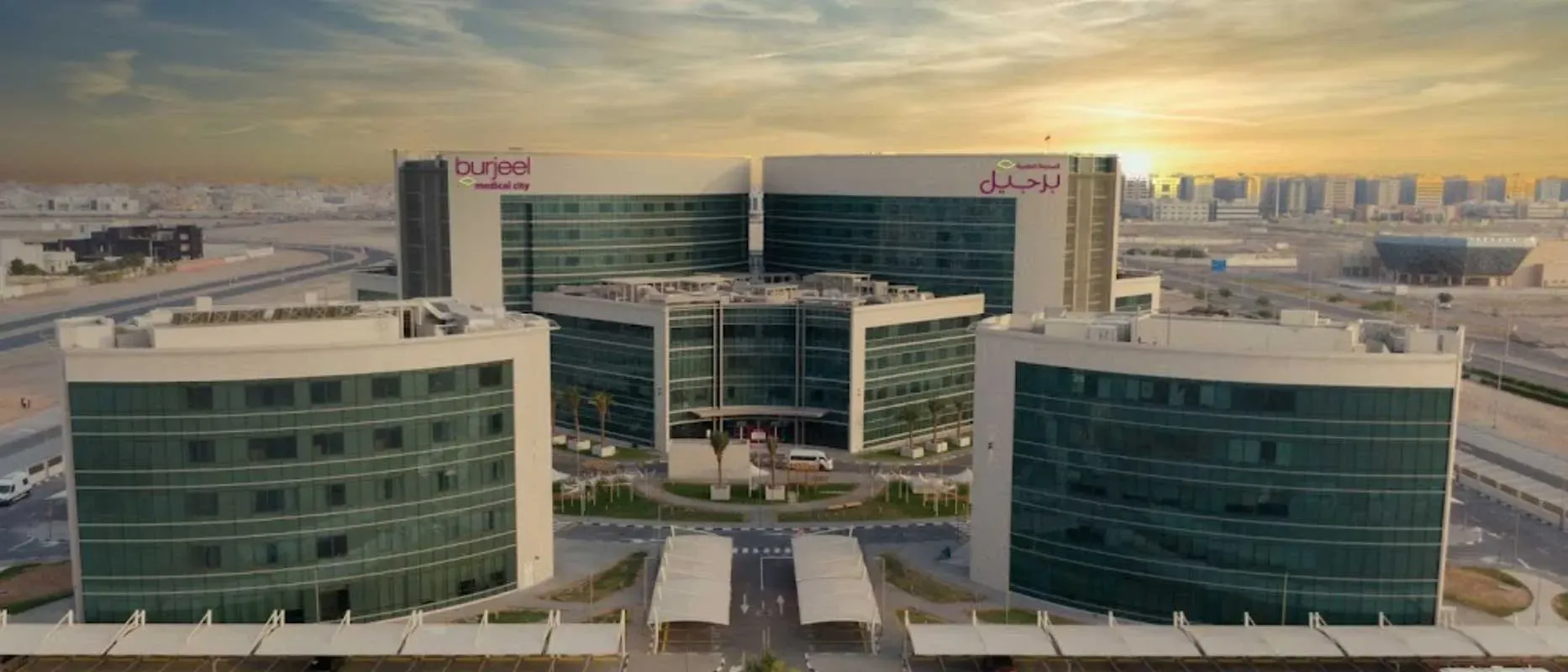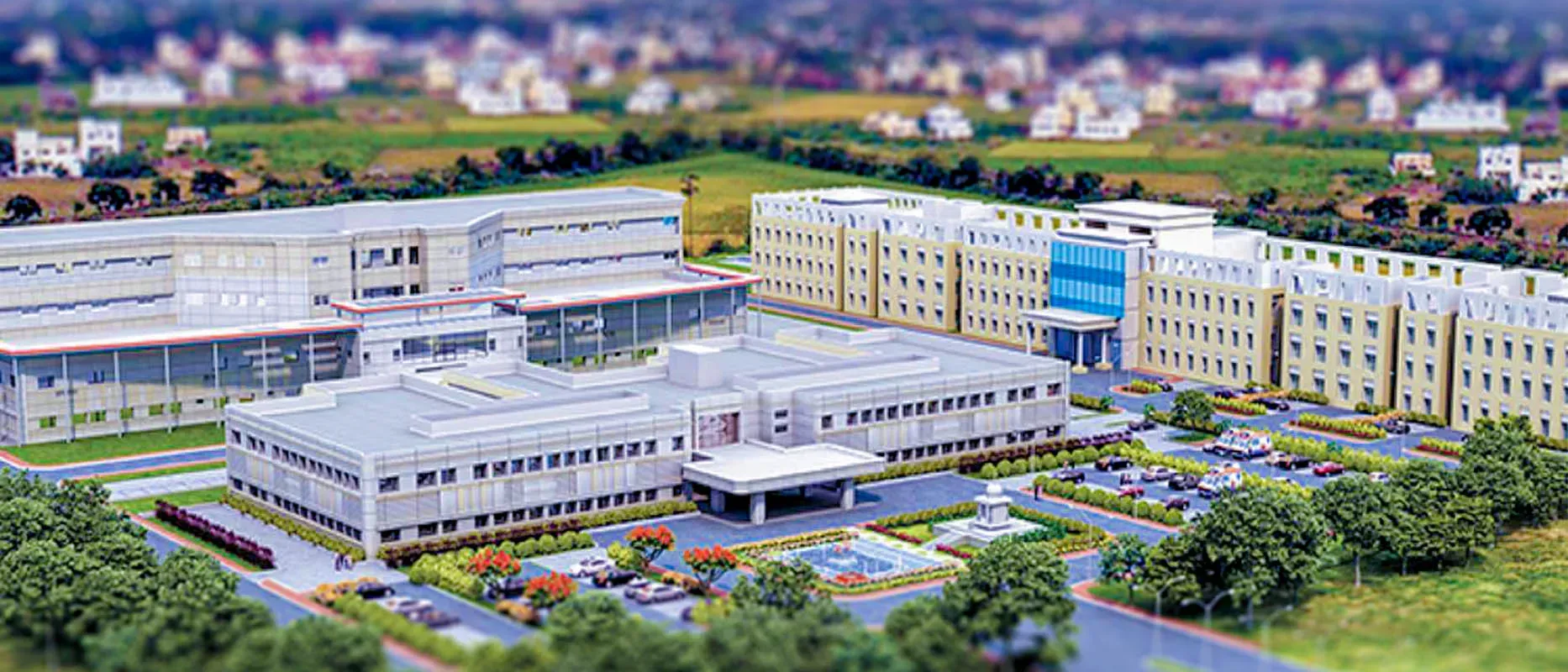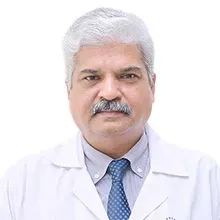Overview of Kidney Cancer Treatment India
The rapid and uncontrolled growth of the cells in the kidney is termed kidney cancer. It may present in one kidney or both. Usually it presents as a form of mass (lump), which is called a tumor. The cancer in kidneys are usually asymptomatic and often found by accident when the screening tests are performed for other complaints. Therefore, it is important to watch for any signs of abnormality which were previously not present. The real cause of developing kidney cancer is still under study but various factors like aging and unhealthy diet can be the reason behind that. Some risk factors can be changed (modifiable risk factors), and some are the factors that are not under the control of anyone (un-modifiable risk factors). Many of the diseases of the kidney can be the cause of kidney cancer in their advanced stages. Occupations that have chemical exposures have a positive correlation with kidney cancer. Men are more prone to develop kidney cancer than women. In India, the incident rate of kidney cancer is 2 per 1,00,000 among males and 1 per 1,00,000 among females.
Types of Kidney Cancer Treatment India
Types of treatment for kidney cancer:
The typical treatments for any cancer can also be used in kidney cancer treatment. Some of the procedures are:
-
Chemotherapy
-
Immunotherapy
-
Radiation therapy
-
Target therapy
-
Active surveillance
-
Surgery
-
Non-surgical treatment
-
Chemotherapy:
Chemotherapy is the use of medicines to kill cancer cells, usually by limiting the growth and division of new cancer cells. Some chemotherapy drugs used for kidney cancer treatment are:
-
Gemcitabine
-
fluorouracil (5-FU)
-
Immunotherapy:
Immunotherapy increases the ability of the immune system to destroy cancer cells. These drugs induce the person's natural defense system and prepare the body to deal with the disease. Some types of the immunotherapy are:
-
Radiation therapy:
Radiation treatment uses high-energy x-rays or other particles to kill the tumor in the kidneys. The major kind of treatment for kidney cancer is usually not radiation therapy. It is not a common treatment to be used alone to treat kidney cancer, but it can be used to improve the other treatments.
-
Target therapy:
Targeted therapy is a type of treatment that targets the proteins, or cell environment in which the cancer cells grow and live. The destruction of healthy cells decreases while the capacity of the cancer cells to grow and spread is reduced. Types of target therapy for kidney cancer are:
-
Active surveillance:
On occasion, it is suggested to closely monitor the tumor by having regular tests for diagnosis and visits to the clinic. this is referred as "active surveillance." In older adults and those with a small renal tumor and other serious medical conditions including heart disease, chronic kidney disease, or serious lung disease, active surveillance is usually preferred.
-
Surgery:
The surgical methods involve the incision and removal of the tumor. Some of the procedures that are used are:
Radical nephrectomy: A radical nephrectomy is a procedure in which the entire kidney, the tumor, and other surrounding tissues are removed.
Partial nephrectomy: The surgical removal of the tumor is known as a partial nephrectomy. in this the risk of developing long-term kidney damage decreases and kidney function is preserved.
Laparoscopic surgery: this is a minimally invasive surgery. Instead of one major incision like happens in a typical surgical operation, this involves multiple smaller incisions.
-
Non-surgical methods:
Radiofrequency ablation: A needle is inserted into the tumor during radiofrequency ablation (RFA) which uses an electric current to kill cancer cells.
Cryoablation: An iron probe is inserted through a small cut into cancer tissue during this procedure to freeze and kill the cancer cells.
Symptoms associated with kidney cancer:
-
Blood during urination.
-
Feeling of pressure in the back or side of the waist.
-
A mass in the back or side of the waist.
-
Inflammation in legs and feet
-
Hypertension
-
Decrease RBC’s.
-
Tiredness.
-
Appetite loss
-
weight loss due to an unknown cause.
-
Fever due to unknown causes and often persistent.
-
Dilation of veins in testicles.
-
Night sweats.
Risk factors:
An increased risk for cancer of the kidneys develop in people whose kidney function has decreased. The people who have kidney diseases are at higher risk.
-
Dialysis for a long duration of time:
Long-term dialysis patients increase the risk of developing kidney cancer. Any mass in the kidneys is often diagnosed early in this case.
The chance of getting kidney cancer may be higher in people with a positive family history of the kidney cancer. parents, brothers, sisters, or kids are more prone to develop kidney cancer.
Kidney cancer is more likely to occur in people who smoke. It is estimated to be the cause of 25% of kidney cancer in women and 30% of kidney cancers in males.
Kidney cancer is two to three times more common in men than in women.
Kidney cancer is present at higher rates in black people.
Adults are usually affected by kidney cancer, which often becomes diagnosed in between the ages of 50 and 70.
Obesity and kidney cancer have been shown to have a positive correlation with kidney cancer.
Kidney cancer may be more likely to occur in people with high blood pressure, which is termed as hypertension.
Diagnosis of Kidney Cancer Treatment India
Diagnosis of kidney cancer:
To determine the quantity of red blood cells in the blood, it might suggest having an examination of the blood. For the purpose to make sure for blood, bacteria, or cancer cells, a urine test may be advised. These tests may suggest the presence of kidney cancer.
Other tests only give the idea of the presence of cancer, but a biopsy is the only way for getting a confirmed diagnosis. A small amount of tissue is removed during a biopsy and examined under a microscope for cancer cells.
A CT scan uses the radiations of x-rays. It creates images of the inside of the body by passing these rays from different angles. These images are then collected to create a detailed, three-dimensional image that shows any abnormalities or cancers.
With the use of x-ray radiations, a picture of the internal organ structures is formed and give us the idea of any abnormality.
-
Magnetic resonance Imaging:
This procedure uses the magnetic fields instead of x-rays. it creates detailed pictures of the inside of the body. The size of the tumor can also be determined by MRI.
Symptoms and Risk factors
Kidney cancer treatment Cost in India:
The cost of kidney cancer treatment in India is much less than other developed countries. The kidney cancer treatment cost in India is usually 60 to 70 percent less than other countries. In India, the average cost of treating renal cancer is between 2702.3 USD and 3542.6 USD.
The cost of different procedures for kidney cancer treatment in India:
The cost depends on treatment type chosen, patients conditions, hospitals and also the particular city of India. Different procedures and their ranges are described below. They may vary slightly.
Nephrectomy: this treatment comes under the range from 3157 USD- 3652 USD.
Radiofrequency ablation: this procedure costs the range of 1355 USD - 2661 USD.
Radiation therapy: the treatment ranges from 3605 USD- 4718 USD.
Chemotherapy: the treatment ranges from 270.8 USD - 1137 USD per session.
Others: other treatments may cost between 3024 USD-7548 USD.
Best doctors for kidney cancer treatment in India:
-
Dr. Somasekhar M, Apollo hospital.
-
Dr. Asiwini Kumar P, Apollo Hospital.
-
Dr Rajesh Kumar Ahlawat, Medanta Hospital.
-
Dr. Ashok Bhat, Manipal Hospital.
-
Dr. Amol Mahaldar, Manipal hospitals.
Best Hospitals for kidney cancer treatment in India:
-
Apollo hospital, Chennai.
-
Gleneagles Global hospital, Chennai.
-
Manipal Hospitals.
-
Medanta Hospitals.
-
Artemis Hospitals.
Top Hospitals for Kidney Cancer in India
Shaping the future of the healthcare institution and establishing the path to accomplishment.
Kokilaben Dhirubhai Ambani Hospital and Medical Research Institute Mumbai,India
Book Appointment
Top Doctors for Kidney Cancer in India
Empower your Health with the Expertise of Leading Medical Professionals.
Dr. Jem Kalathil
Department of Surgical Oncology
Senior Consultant
Book Appointment
Treatment Costs for Kidney Cancer
Be the change and be an opportunist in transforming healthcare.
How it's Works
Guiding your Journey from Discovery to Treatment Planning and Beyond.
Discovery
Get a consultation to discover about your treatment
Pre-Treatment
Admission to the best hospital and all pre-treatment facilities
Post Treatment
Get post-treatment follow-up care with medicine fulfillment
Treatment Planning
Hassle-free treatment planning with package & cost estimations
in-treatment
world-class quality procedures and equipment for treatment


























